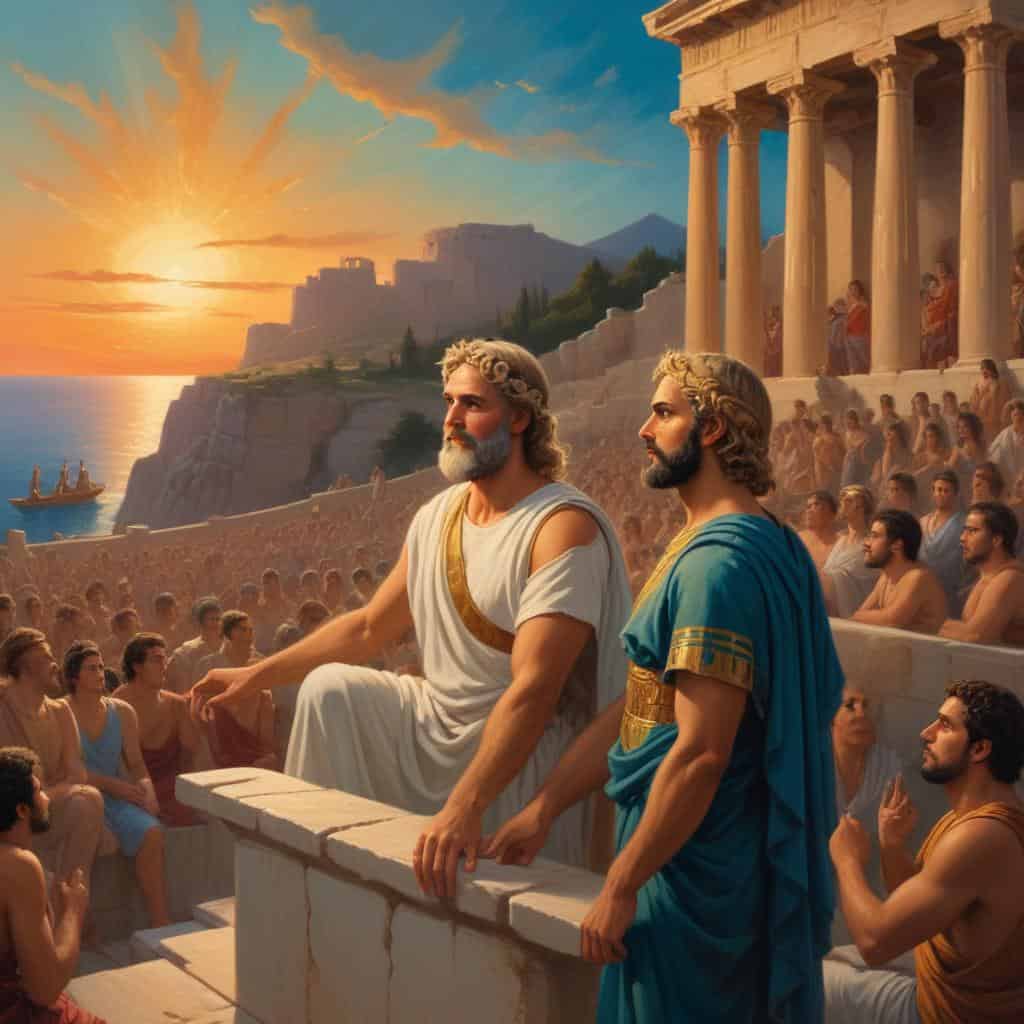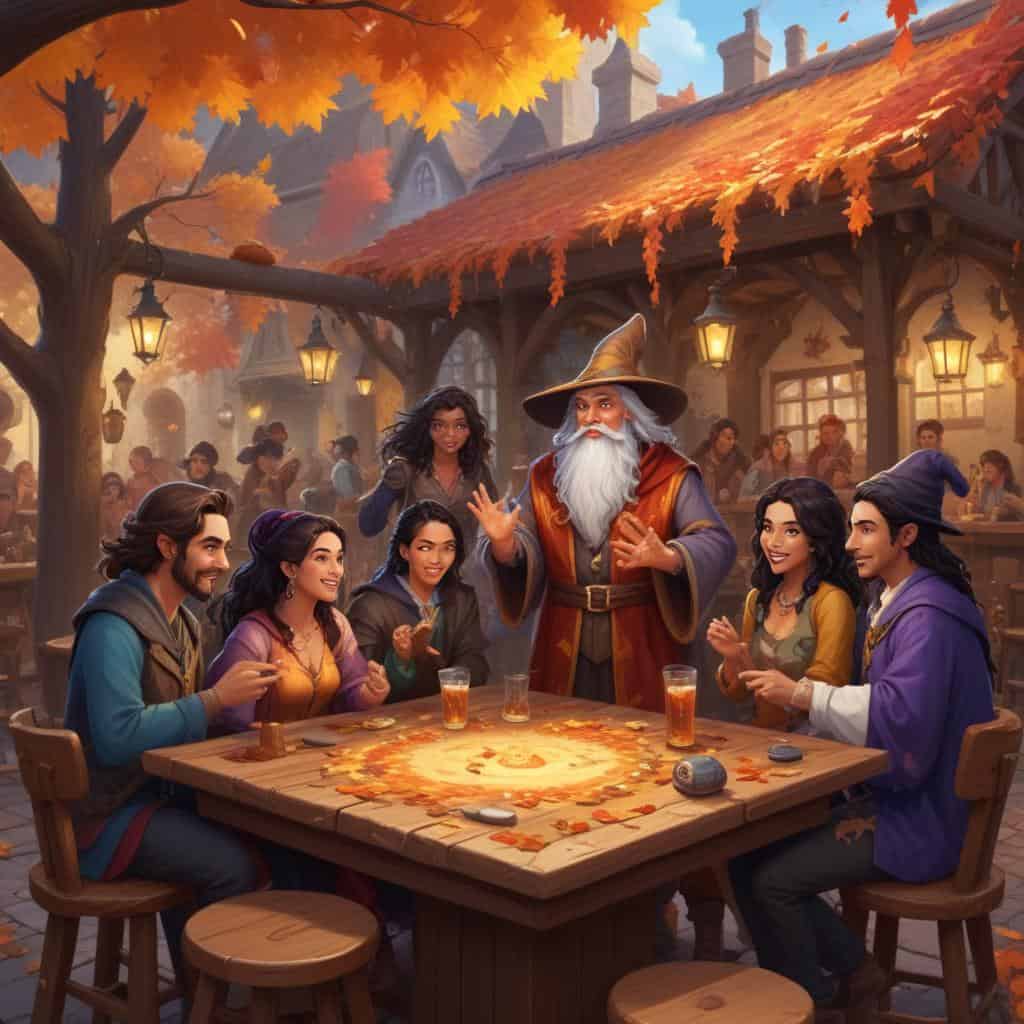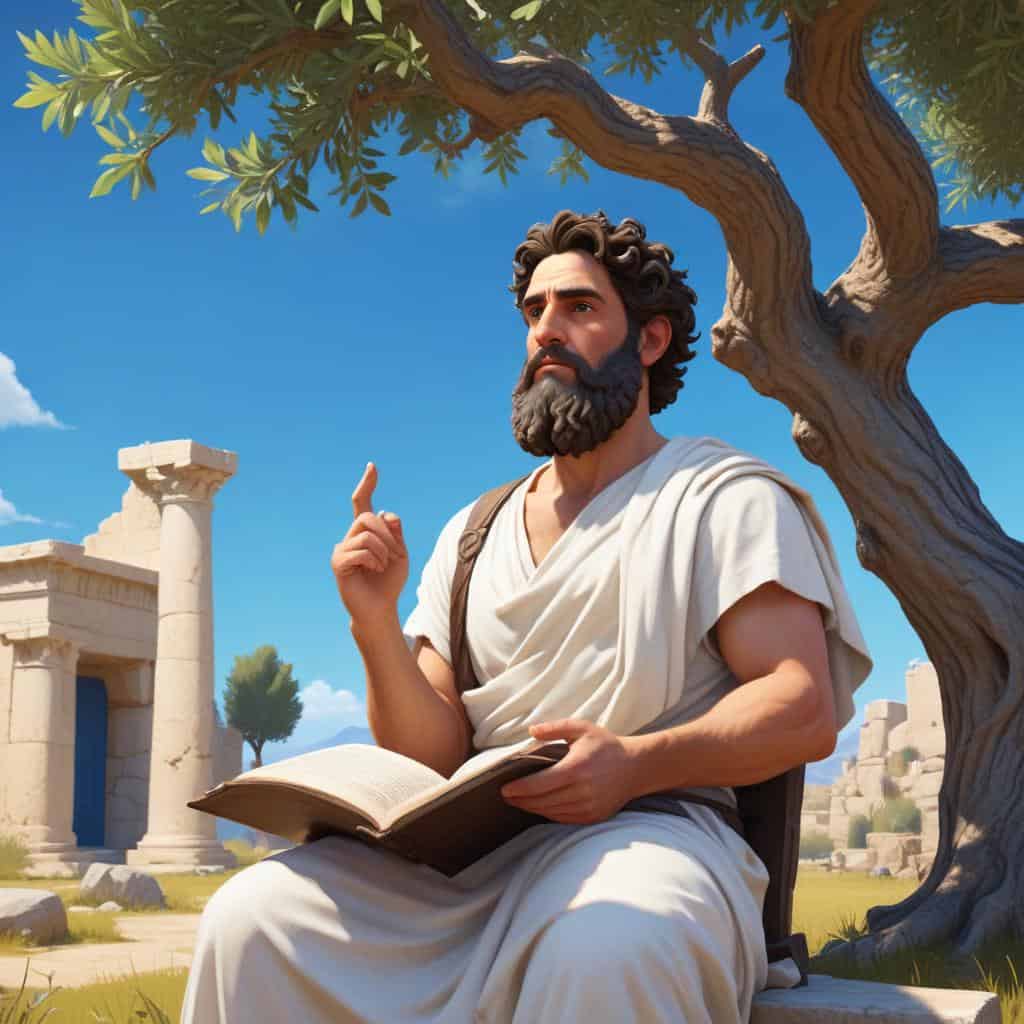The Hellenistic Period (c. 323-31 BC) was a time of great cultural and political change in the ancient world. It followed the death of Alexander the Great and saw the rise of new kingdoms and empires. This period is known for its blending of Greek, Egyptian, Persian, and other cultures, leading to advancements in art, science, and philosophy.
Summary List
- Alexander the Great was a key figure in the Hellenistic Period, spreading Greek culture across his vast empire.
- The Hellenistic Period saw the rise of new cities, like Alexandria in Egypt, which became important centers of learning and trade.
- Greek art and architecture flourished during this time, blending with local styles to create a unique Hellenistic aesthetic.
- The Hellenistic Period was a time of great scientific advancements, with figures like Euclid and Archimedes making important discoveries.
- The Hellenistic Period came to an end with the conquest of Egypt by the Romans in 31 BC, marking the beginning of the Roman Empire.
Games And Apps
Learning Modules
Alexander the Great dies in 323 BC
After conquering much of the known world, Alexander the Great dies at the age of 32, leaving behind a vast empire in 323 BC.
I Want To Learn This!The Diadochi Wars begin in 322 BC
The Diadochi Wars erupted in 322 BC following the death of Alexander the Great, as his generals vied for control of his vast empire.
I Want To Learn This!The Battle of Ipsus in 301 BC
The Battle of Ipsus in 301 BC was a decisive conflict between the Diadochi successors of Alexander the Great, resulting in the division of his empire.
I Want To Learn This!The establishment of the Ptolemaic Kingdom in 305 BC
After the death of Alexander the Great, one of his generals, Ptolemy I Soter, established the Ptolemaic Kingdom in Egypt in 305 BC.
I Want To Learn This!The Seleucid Empire is founded in 312 BC
The Seleucid Empire, established by Seleucus I Nicator in 312 BC, becomes a major power in the ancient world, encompassing much of the former Persian Empire.
I Want To Learn This!The Battle of Raphia in 217 BC
The Battle of Raphia in 217 BC was a decisive clash between the forces of Ptolemaic Egypt and Seleucid Empire, resulting in a victory for Egypt.
I Want To Learn This!The Roman conquest of Greece in 146 BC
The Roman conquest of Greece in 146 BC marked the end of Greek independence and the beginning of Roman hegemony in the region.
I Want To Learn This!












